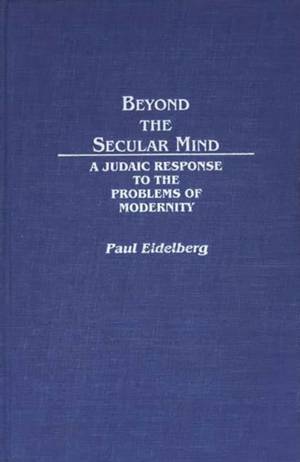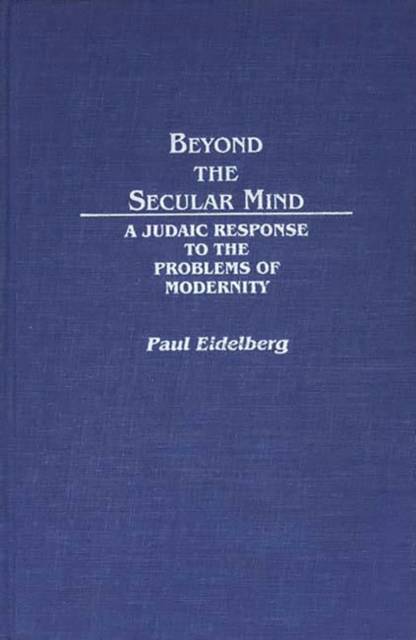
Vous voulez être sûr que vos cadeaux seront sous le sapin de Noël à temps? Nos magasins vous accueillent à bras ouverts. La plupart de nos magasins sont ouverts également les dimanches, vous pouvez vérifier les heures d'ouvertures sur notre site.
- Retrait gratuit dans votre magasin Club
- 7.000.000 titres dans notre catalogue
- Payer en toute sécurité
- Toujours un magasin près de chez vous
Vous voulez être sûr que vos cadeaux seront sous le sapin de Noël à temps? Nos magasins vous accueillent à bras ouverts. La plupart de nos magasins sont ouverts également les dimanches, vous pouvez vérifier les heures d'ouvertures sur notre site.
- Retrait gratuit dans votre magasin Club
- 7.000.0000 titres dans notre catalogue
- Payer en toute sécurité
- Toujours un magasin près de chez vous
161,45 €
+ 322 points
Description
Going beyond Allan Bloom's The Closing of the American Mind, Paul Eidelberg shows how the cardinal principles of democracy--freedom and equality--can be saved from the degradation of moral relativism by applying Jewish law to these principles. The author attempts to overcome the dichotomy of religion and secularism as well as other contradictions of Western civilization by means of a philosophy of history that uses thoroughly rational concepts and is supported by empirical evidence.
Eidelberg enumerates and elucidates the characteristics that make Jewish law particularly suited to reopening the secular mind and elevating democracy's formative principles. The author compares and contrasts Jewish law with political philosophy. His goal is to derive freedom and equality from a conception of man and society that goes beyond the usual political and social categories, avoiding both relativism and absolutism. In conclusion, Eidelberg attempts to overcome the perennial problem of democracy: how to reconcile wisdom and consent. This he does by sketching the basic institutions of a new community. This unique analysis should be read by political and religious theoreticians alike.Spécifications
Parties prenantes
- Auteur(s) :
- Editeur:
Contenu
- Nombre de pages :
- 194
- Langue:
- Anglais
- Collection :
Caractéristiques
- EAN:
- 9780313266638
- Date de parution :
- 19-05-89
- Format:
- Livre relié
- Format numérique:
- Genaaid
- Dimensions :
- 156 mm x 234 mm
- Poids :
- 453 g







